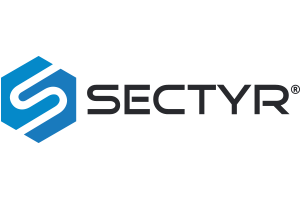
SPONSORED CONTENT

TIP: Ensure 340B program compliance by frequently changing how you audit claims.
Audits help stakeholders confirm that their 340B program stays compliant. This tip refers to self-auditing claims, not integrity audits. For the latter, HRSA recommends 340B program teams carry out integrity audits through a third party once per year.
When self-auditing claims, we recommend frequently changing the process to help spot issues before they affect compliance. Here are three ways to change your routine for the better.
1. Examine claims based on variances in past audits. Look at things that fall out as you zero in on, for instance, a site of care, a particular provider, a drug or class of drugs, or anything that lands within a variance.
2. Take note of high-risk transactions. Review claims that have a threshold-value greater than the typical pattern. This could be, for instance, claims over $5,000. A manager could examine the value of claims for a new contract pharmacy, a new site of care, or deregistered pharmacies.
3. Assess high-risk business conditions related to claims. Perhaps, the covered entity added a new physician practice. Maybe the covered entity implemented new software for EHRs or changed its split-billing vendor. Situations like these can be a prompt for managers to change the way they’re self-auditing claims.
With auditing, variety can be a manager’s ally. When a team regularly looks at data from new angles, people can spot telltale signs and mitigate issues before they affect compliance.

Danielle Boehm is customer support manager at Sectyr, LLC. She can be reached at danielle.boehm@sectyr.com


